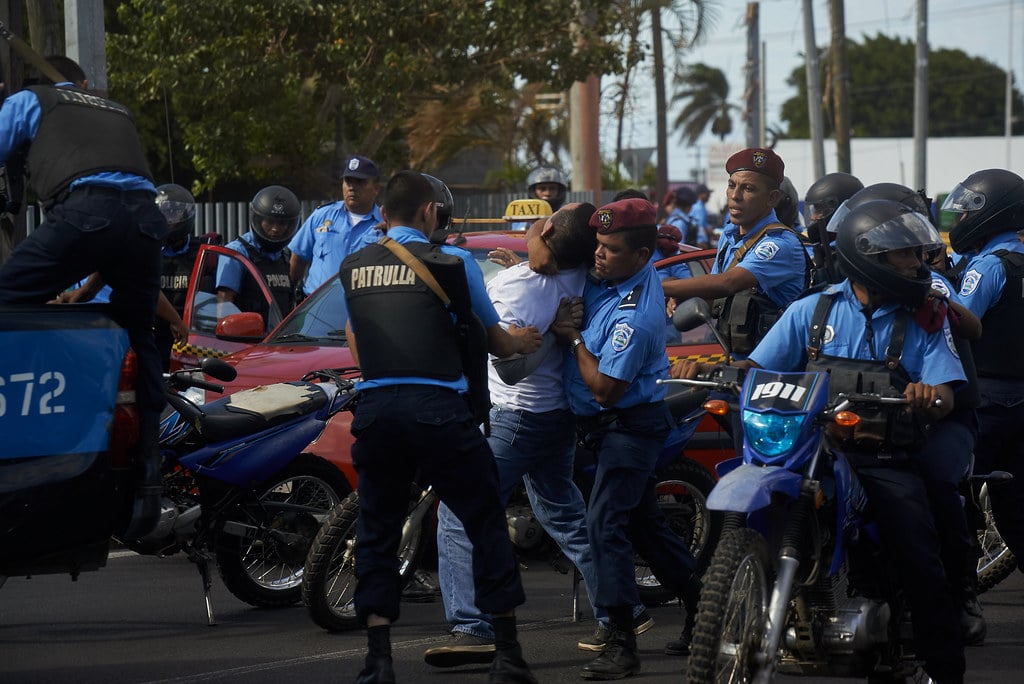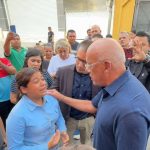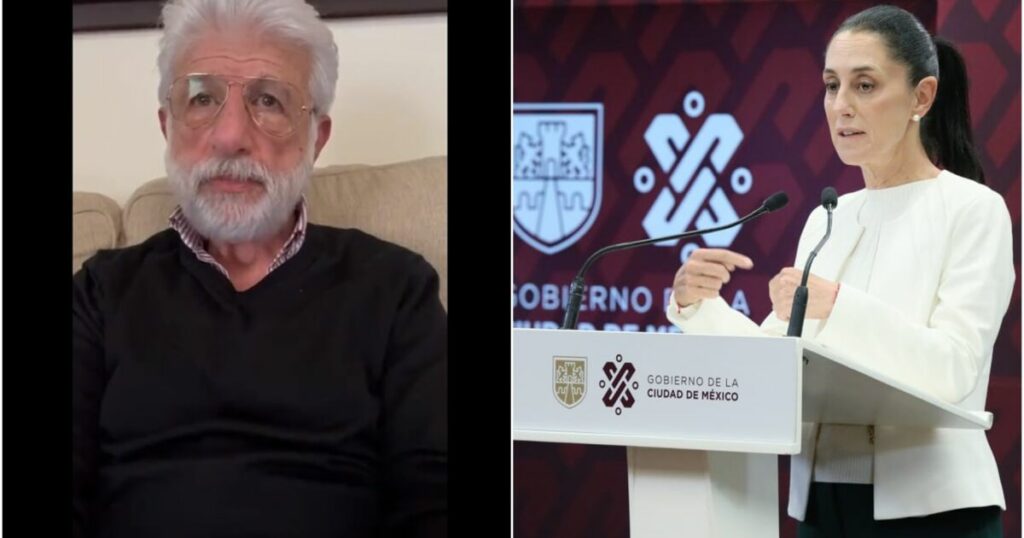The special rapporteur on freedom of peaceful assembly and of association of the United Nations Organization (UN), Clément Voule and the special rapporteur for freedom of expression of the Inter-American Commission on Human Rights (IACHR), Pedro Vaca, They exhorted the regime of Daniel Ortega and Rosario Murillo to “cease the persecution in Nicaragua” and “comply with its international obligations to respect and guarantee fundamental freedoms.”
They pointed out, in a joint statement, that “in the face of the closure and government cooptation of civic spaces and democratic participation in Nicaragua” urgent the State “restore and make effective the full enjoyment of civil and political rights, especially freedom of expression, peaceful assembly and association.”
In addition, they called on the “international community to increase its commitment to provide support responses to the victims of the human rights crisis,” since, they denounce, “restrictions on fundamental freedoms have reached a critical point in Nicaragua.”
They affirm that the complaints received by both organizations in the course of this year “show that there is no longer any space for critical voices in Nicaragua, while the government’s censorship strategy has been deployed steadily against anyone who tries to question it and against all spheres of democratic participation available”.
The IACHR and the UN highlighted that they have documented in these years of sociopolitical crisis that the regime has canceled more than 2,000 civil society organizations; has shut down at least 54 national media outlets, keeping facilities busy 100% News, CONFIDENTIAL Y the press; and has extended the strategy of censorship against the international press, preventing the entry of journalists from foreign media and, recently, taking the signal of Cnn in Spanish, “without making public the reasons for the decision”.
“The closure and massive cancellation of civil society organizations and the media reveals the government’s co-optation of civic space and the intention to consolidate the official narrative as the only permitted discourse, which is deepened with official propaganda strategies and pressures. so that it can be replicated”, they denounced.
They added that “in their crackdown on all forms of independent expression, the authorities have also banned religious processions; they have prevented academics and researchers from entering the territory; they have pushed to censor and ban writers; musicians have been expelled from the country; and have violently arrested priests and other critical religious leaders.”
They urge to guarantee the life of political prisoners
In the statement they denounce that the Ortega regime has increased in recent months the number of people imprisoned for political reasons, reaching so far more than 200 citizens, who “are in unsanitary conditions, without access to adequate medical attention, subjected to solitary confinement and prevented from receiving visits from their relatives, among other cruel, inhuman and degrading treatment.”
In this context, the rapporteurs exhorted the State of Nicaragua “to guarantee the life and integrity of persons deprived of their liberty, with unrestricted respect for human dignity” and asked the “international community to increase observance of the situation of persons political prisoners and to promote compliance with their fundamental rights and freedoms, and to take humanitarian support measures, in accordance with the seriousness of the complaints received.”
Likewise, they called on the State of Nicaragua to “immediately cease the judicial persecution of all critical voices, release those imprisoned for political reasons and guarantee a prompt, impartial and exhaustive investigation into the allegations of human rights violations, which ensures the accountability of those responsible and effective reparation for the victims”.
“The actions perpetrated by the authorities directly violate the rights to freedom of expression, peaceful assembly and association, and have generated a notable effect of self-censorship in Nicaraguan citizens, who in many cases decide to silence themselves for fear of being the target of reprisals. and to protect their personal integrity and that of their families,” they denounced.
In addition, they reminded the Nicaraguan authorities that “they must refrain from using the law arbitrarily and selectively, and from applying abusive government practices, in order to hinder or restrict citizen participation and freedom of expression, peaceful assembly and association.” .

















